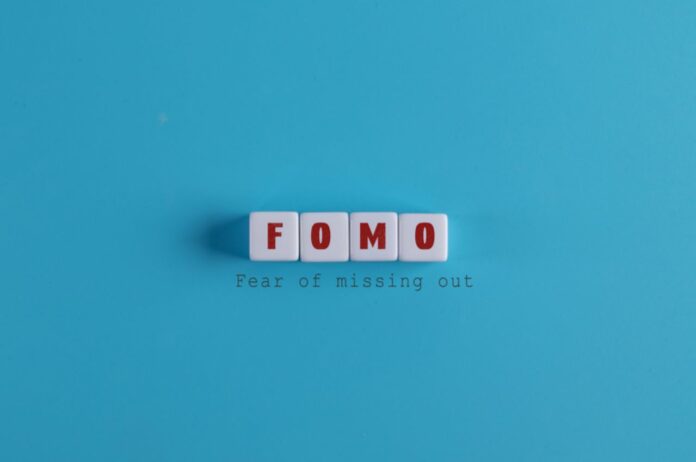Fear of missing out (FoMO) on rewarding and pleasurable situations is something most individuals feel.
According to a new study by Paul McKee of Southern Connecticut State University, USA, and colleagues, college students’ risk of engaging in maladaptive behaviors like academic misconduct, drug and alcohol use, and breaking the law is correlated with how much they experience FOMO.
The study was published today in the open-access journal PLOS ONE.
College is a significant life shift for many individuals, one that can either foster psychological development or accelerate the emergence of maladaptive behaviors and psychological issues.
Previous studies have found a link between FOMO and using social media in a disruptive or harmful way. It’s crucial to have a better understanding of how FoMO affects people’s behavior if we want to lessen its harmful effects.
For the new study, 472 college students filled out a paper questionnaire that asked about their fear of missing out (FoMO), their unethical and illegal behavior while in college, and their demographics.
The researchers used both conventional statistical methods and supervised machine learning to assess this data.
Using the first kind of analysis, the group found connections between FoMO and virtually every one of the behaviors they studied.
Higher levels of FoMO were found to be associated with more instances of disrespect in the classroom (p=0.001), plagiarism (p=0.003), higher weekly alcohol consumption (p=0.001), younger ages at first drinking, increased cannabis use (p=0.007), use of stimulants, depressants, and hallucinogens, as well as illegal activities like stealing and giving drugs away (p=0.001).
Similar correlations were discovered by the machine learning system, and the impact of location, socioeconomic position, and gender on some of the interactions was highlighted.
Brief FoMO tests with only 10 questions, according to the authors, may be useful risk assessment tools for counselors working with students preparing to transfer to college or university.
“Using Fear of Missing Out (FoMO) and demographic information,” the authors say, they “were able to predict class membership (offender/user vs non-offender/non-user) of college students across multiple domains (alcohol and drug use, academic misconduct, illegal behavior) well above baseline (e.g., 50% at baseline vs 87% for academic misconduct).”
“These results suggest,” according to the authors, “that FoMO exists not just as an aversive phenomenon, but it also leads to concrete consequences for individuals and society.”
Source: 10.1371/journal.pone.0274698
Image Credit: Getty
You were reading: New Survey Links College Student’s “Fear Of Missing Out” To Illicit Behavior
